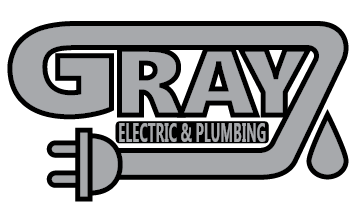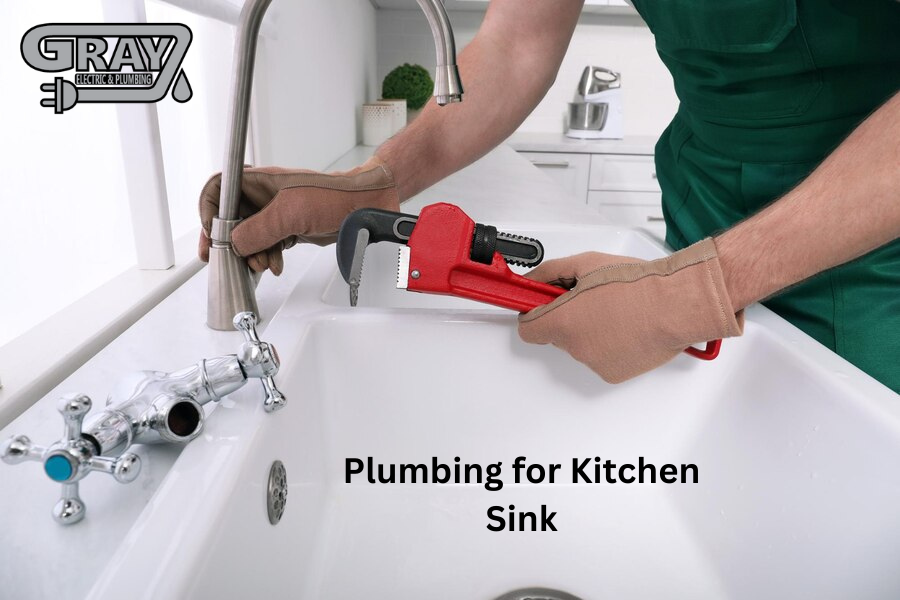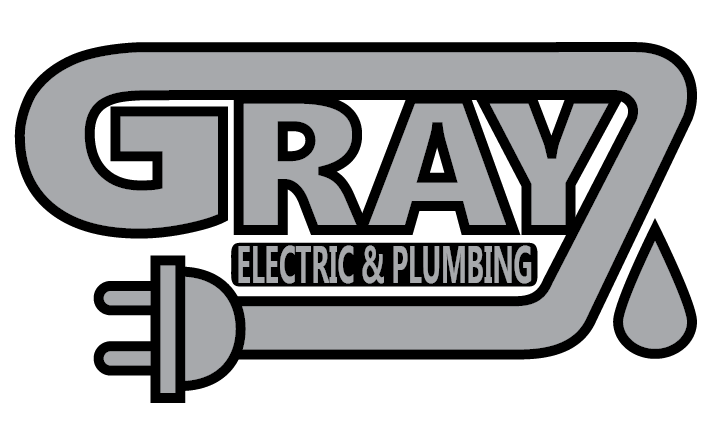Your kitchen sink is one of the busiest spots in your home. Washing dishes, cleaning veggies, and getting water all depend on it. But it can be a real headache when it gets clogged or leaks. This guide will help you understand plumbing for kitchen sink systems and how to keep them in great shape.
What Is Plumbing for Kitchen Sink?
The plumbing for kitchen sink systems is designed to manage water flow in and out of your sink. It includes essential components such as:
- Faucet: Delivers clean water for washing.
- Drain: Channels dirty water and waste out of your home.
- Trap: A U-shaped pipe under the sink that holds a small amount of water to prevent sewer gases from coming up.
- Supply Lines: These pipes bring hot and cold water to the faucet.
- Shut-off Valves: Located under the sink, you can stop the water flow during repairs or emergencies.
Understanding how these parts work together can help you troubleshoot and maintain your sink.
Common Problems with Plumbing for Kitchen Sink
Issues with the plumbing for kitchen sink systems are common but often easy to fix.
1. Clogs
Clogs occur when food scraps, grease, or soap scum build up in the pipes. Here’s how to clear them:
- Plunger Method: Fill the sink halfway with water and push out the clog with a plunger.
- Natural Cleaner: Pour half a cup of baking soda, followed by a cup of vinegar, into the drain. Let it fizz for 15 minutes, then flush with hot water.
2. Leaks
Leaks can waste water and cause damage under your sink.
- Tighten Loose Connections: Use a wrench to secure any loose nuts.
- Replace Worn-Out Parts: Rubber seals and washers may wear down over time and need replacing.
3. Slow Drainage
If water drains slowly, it’s often due to a partial clog. Clean it with the same natural methods used for complete clogs.
Preventing Plumbing Problems for Kitchen Sink Systems
Preventing problems with the plumbing for kitchen sink systems is more straightforward than fixing them. Here are some tips:
- Use a Sink Strainer: Catch food bits and debris before they drain.
- Avoid Pouring Grease: Grease solidifies as it cools, causing clogs. Instead, pour it into a container and throw it in the trash.
- Run Hot Water: After washing dishes, run hot water down the drain to remove grease and soap residue.
- Regular Cleaning: Clean your sink and drain weekly using baking soda and vinegar to prevent buildup and odors.
When to Call a Plumber for Kitchen Sink Issues
Some plumbing problems are too complex for DIY fixes. Here are signs it’s time to call a professional:
- Stubborn clogs that won’t clear with a plunger or cleaner.
- Visible water damage under the sink.
- Persistent leaks or dripping from the faucet.
- Strange noises like gurgling from the pipes.
A plumber specializing in plumbing for kitchen sink repairs can quickly diagnose and fix these issues.
Choosing the Right Plumbing Setup for Kitchen Sink
Choosing the proper plumbing setup is essential for installing a new sink or remodeling.
1. Sink Type
- Single Sink: Ideal for large pots and pans, with one big basin.
- Double Sink: Perfect for multitasking, like washing in one basin and rinsing in the other.
2. Material
- Stainless Steel: Durable, lightweight, and easy to clean.
- Porcelain: Stylish but prone to chipping.
3. Additional Features
- Garbage Disposal: Make sure your sink setup can accommodate one.
- Dishwasher Hook-Up: Ensure the plumbing is compatible with your dishwasher.
Eco-Friendly Plumbing for Kitchen Sink Tips
Caring for the environment starts at home. Here are some green plumbing tips:
- Fix Leaks Quickly: Even small drips can waste gallons of water.
- Install Low-Flow Faucets: These reduce water use without sacrificing performance.
- Use Natural Cleaners: Avoid chemical drain cleaners that harm your pipes and the environment.
- Compost Food Scraps: Instead of sending scraps down the garbage disposal, compost them to reduce waste.
FAQs About Plumbing for Kitchen Sink
1 What causes kitchen sink clogs?
Grease, food bits, and soap residue are common culprits.
2. Can I fix a leak myself?
Minor leaks can often be fixed by tightening connections or replacing seals.
3. Is it safe to use chemical drain cleaners?
Natural solutions like baking soda and vinegar are better, as chemicals can harm your pipes.
4. How often should I clean the sink drain?
Weekly cleaning prevents buildup and foul odors.
5. Can I install a new faucet on my own?
Yes, if you’re comfortable with basic plumbing. If not, call a plumber.
6. Why does my sink drain slowly?
A slow drain usually means a clog is forming. Clean it before it worsens.
7. What should I do if my garbage disposal stops working?
Press the reset button under the unit or call a plumber if it doesn’t work.
8. How can I prevent bad smells?
Clean the drain regularly and use baking soda and vinegar to deodorize it.
9. Should I call a plumber for frequent clogs?
Yes, frequent clogs may mean a deeper issue in your plumbing.
10. When should I replace my sink?
Replace it if it’s damaged, leaking, or no longer meets your needs.
Take Charge of Your Kitchen Sink Plumbing Today
Plumbing for kitchen sink systems doesn’t have to be complicated. You can keep your sink running smoothly with some knowledge and regular care. If problems arise, know when to call a pro to save time and hassle.
Need expert help? Contact us today about plumbing for kitchen sink systems and schedule a repair or installation!


